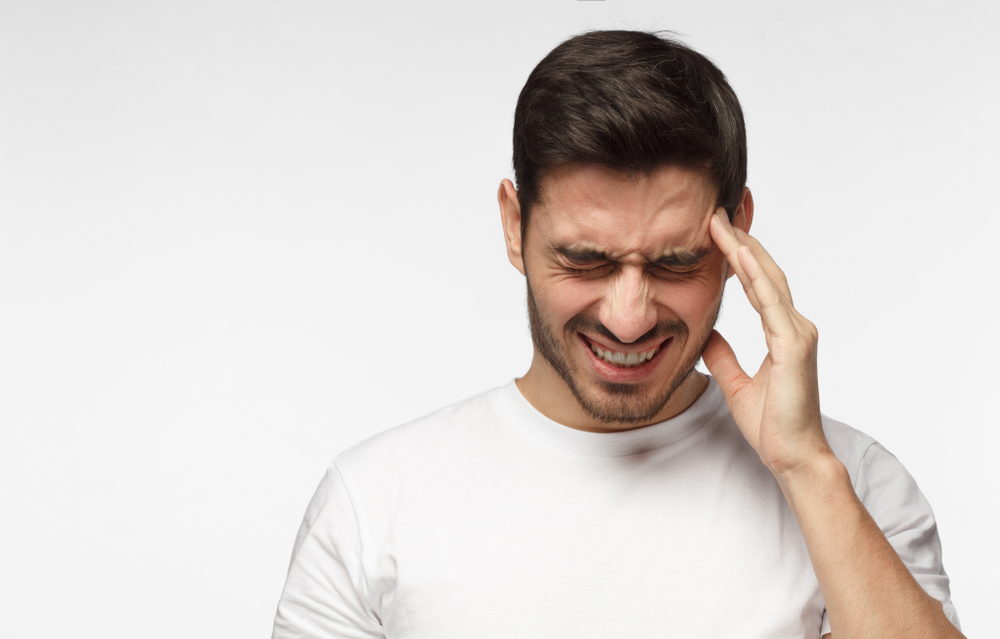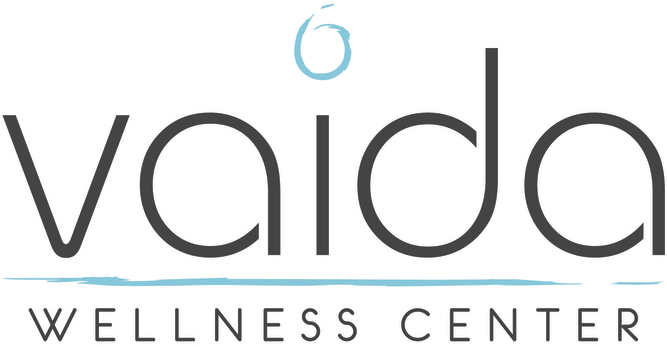
Headaches can throw a wrench in everyone’s daily routines. Overactivity or problems with pain-sensitive structures in your head and neck can cause them. Headaches can occur when nerve endings called nociceptors react to a trigger. They can affect any part of the head and pain may be present in one or several locations.
Most headaches happen in the nerves, blood vessels, and muscles associated with the head and neck region. Sometimes the muscles or blood vessels swell, tighten, or go through other changes that stimulate or put pressure on the surrounding nerves. These nerves send a rush of pain messages to the brain, and this brings on a headache.
What Causes A Headache?
Lots of different things can bring on headaches. Most headaches are related to one or more of the following:
- Stress
- Dehydration
- Electronic device use
- Poor posture
- Loud music
- Alcohol
- Smoke
- Caffeine
- High blood pressure
- High or low blood sugar
- Infections
- Lack of sleep or sudden changes in sleep patterns
- Head injury or whiplash
- Allergies
- Medication side effects
- Vision problems
- Circulation disorders
- Strong odors
- Foods and/or food additives
- Hormone fluctuations
- Weather/barometric changes
- Genetics
The Types of Headaches
Most of us are familiar with what a headache is, but many people are unaware that there are many different types of headaches and they all have distinct characteristics. There are over 150 types of clinically researched headache categories.
Tension Headaches-Tension headaches are the most common, especially among adults and teens, and seem to occur mid to late in the day. They cause mild to moderate pain, described by many as feeling like a tight “band” around the forehead. Sensitivity or soreness around the neck, scalp, base of the head, forehead, temples, or shoulder muscles may also occur.
Migraine Headaches-Migraines are characterized by pounding and throbbing pain, usually unilaterally (on one side). This pain can last for days. Alongside the throbbing pain, migraine sufferers may experience other symptoms such as nausea, light, noise, smell sensitivities, and loss of appetite.
Cluster Headaches- Sufferers experience intense pain around and sometimes behind their eyes. The pain is often throbbing and constant. Typically, cluster headaches happen in groups, hence the name cluster.
Sinus Headaches-Most people feel sinus headaches on their forehead, and the pain often extends to the cheekbone or the bridge of a person’s nose. Typically, sinus headaches occur if the sufferer has a cold or irritated or inflamed sinuses, due to allergies, an infection, or dry weather.
Hormone Headaches-Some people experience headaches when their hormones fluctuate, for example, during pregnancies, perimenopause, menopause, and menstrual cycles.
You can also experience exertion headaches, rebound headaches (commonly as a medication side effect), or hypertension headaches.
Treatments for Headaches
Headaches can be more complicated than most people realize. Different kinds can have their symptoms, happen for unique reasons, and require different treatments.
The type of headache treatment you need will depend on many things, including the type of headache you are experiencing, how often, and its cause. Medications, heat/cold, aromatherapy, massage, acupuncture, chiropractic care, stress management, physical therapy, nutritional analysis, and biofeedback are all potential treatments.
When You Should Call A Doctor or Head to the ER
You know your body best. If your headache seems unusual or is associated with any of the following, please see your doctor promptly or head to urgent care or the ER:
- Changes in vision, such as blurriness or seeing spots
- Tingling sensations in your appendages
- Unexplained skin rash
- Changes in speech or the ability to talk
- Weakness, dizziness, or difficulty walking or standing
- Neck pain or stiffness
- Fever
- Gradually worsening headache that doesn’t respond to any modalities
- Any headache that occurs after a collision, car accident, or fall
How Chiropractic Care Can Help Our Patients Who Experience Headaches
Regular chiropractic adjustments balance the alignment of the neck and upper back, where many headaches originate. Many people carry their stress and tension in these regions, which can pull, compress or pinch nerves, muscles, and blood vessels, contributing to headaches of varying intensities.
Be sure to schedule your chiropractic care with Vaida’s Dr. Lydia and Dr. Bethanie, and let them help keep your headaches from erupting and keep them in their happy place instead.
